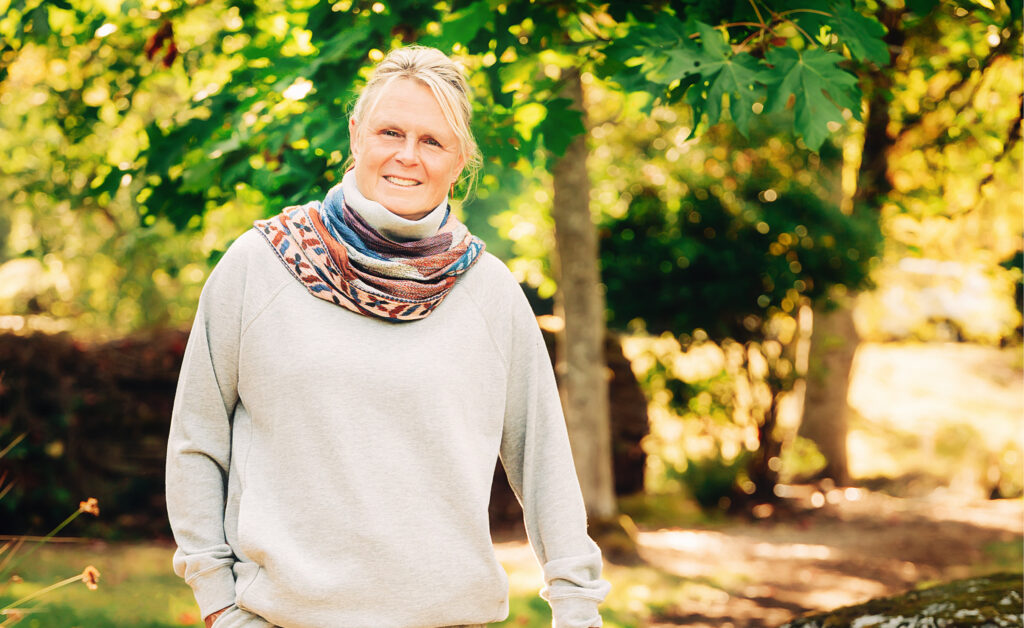by Dr. Kristen Bovee, Peninsula Naturopathic Clinic –
As a women’s health provider, a common health concern that is discussed at some point in care is bone health. Women of all ages, particularly post-menopausal women, need to consider bone health as a reflection of their overall health. If there are signs of osteoporosis or a strong family history, it should be given priority in prevention.
The goal in treating and preventing osteoporosis is to slow down the breakdown of bone and stimulate the production of new bone. Given the right environment and nutrition, our bodies are well capable of keeping our bones healthy throughout our life. Below are the top three nutrients (other than calcium) that are essential to preventing osteoporosis.
Vitamin K: Although Vitamin K is known for its blood clotting effects, it is essential for the production of osteocalcin, a protein found in high amounts in bone and is essential for bone formation and remodeling. Vitamin K is found in high concentrations of leafy green and cruciferous vegetables. Our own healthy gut flora makes our Vitamin K, which is why it is important to take probiotics, particularly after antibiotics, and to consume a variety of fermented foods. It is also found in most bone building formulas and Vitamin D supplements.
Strontium: Strontium is a less well-known trace mineral that is also needed to stimulate bone formation and has a similar action on bone as calcium. It also has the ability to prevent bone degradation. It is found naturally in leafy greens, peas, carrots, potatoes, seafood and barley. Its amounts in food are dependent on soil concentrations, so if you are trying to treat or prevent osteoporosis, a supplement is needed. Oral strontium has a good long-term safety record and has a long history of research supporting its effective use in bone building.
Vitamin D: Vitamin D is an important nutrient for our entire bodies, not just our bones. It has an immune system regulating role and has been shown to reduce the risks of some autoimmune diseases and colorectal cancer. We as Canadians have less exposure to the sun on average in the year compared to our southern neighbours, and as such need to be cognizant of our consumption of foods with vitamin D. Top foods containing Vitamin D include: beef liver, fortified milk and orange juice, fatty fish, and egg yolks. Although the general population regularly consumes milk and eggs, it is still too common to be deficient in Vitamin D. The optimal daily amount of Vitamin D needed by the average adult is 1,000 to 2,000 IU/day. Obviously, as the sun does start coming out getting regular doses of short blasts of sun on your arms and legs is the easiest way to get your Vitamin D.
Where most pharmaceutical approaches to osteoporosis aim to prevent bone loss, many natural substances other than calcium support the body in building healthy bone. Naturopathic medicine not only encourages the regular consumption of a variety of whole foods that help with bone building, it emphasizes eating more alkaline to encourage a higher pH of our tissue that aids in bone mineralization, muscle building and protects healthy cells from damage. Reducing the consumption of animal fats and dairy, doing regular resistance exercise and supporting digestive processes to aid the breakdown and absorption of our nutrients are other fundamental approaches to health that directly influence bone density.




